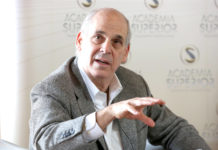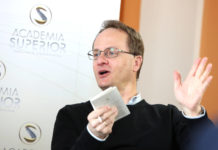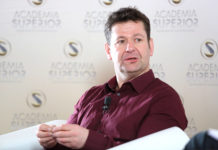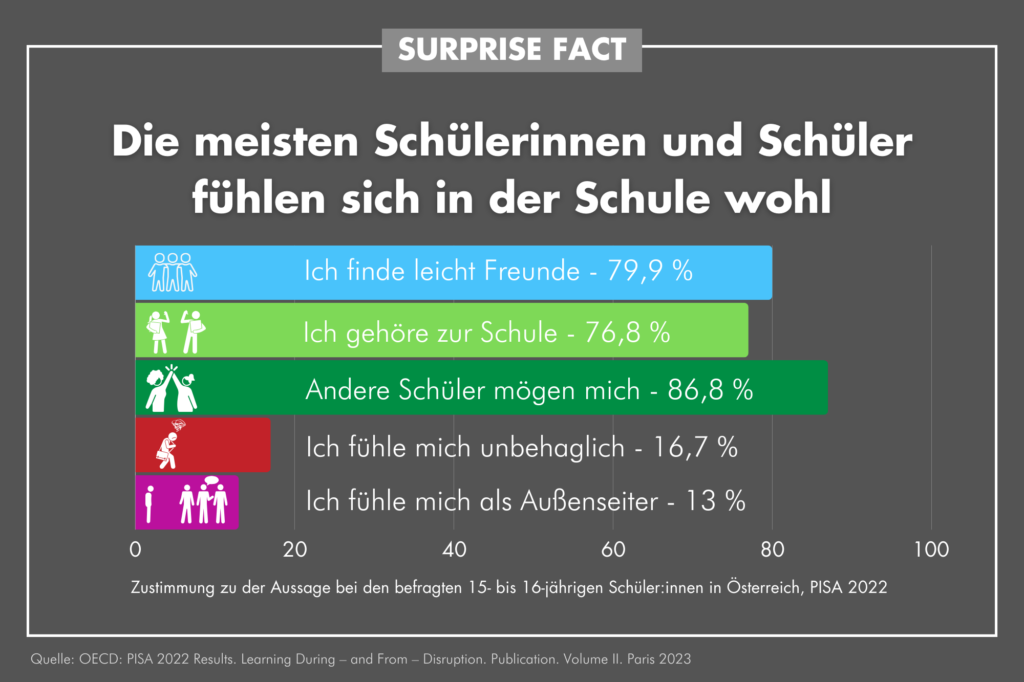The British sports-administrator Baroness Sue Campbell was one of the experts at the SURPRISE FACTORS SYMPOSIUM “From Good to Great” 2015. She explained that you have to define clear goals and to follow those who are the best at the moment. To encourage her athletes, she always gave them three simple questions: What are you doing? What could you do? And, what prevents you from doing it?
Interview with Sue Campbell:
In sport, comparison is a huge marker: What is good? What is great?
When I was put in charge of the overall Olympic team for the United Kingdom, I don’t think I knew the answers to those questions. To put it into context, in 1996 we were 36th in the medal table. A lot of the issue was we didn’t make a significant investment in our coaches and athletes. In 1997 we established the lottery and that created a major new source of investment. We went from 36th to 10th at the Olympics in Sydney and then 10th again in Athens. We knew that we’d gotten to “good” and that investment had made the difference: Athletes were training full time, we had better coaches, better sports science and better sports medicine.
But was that as good as we were going to be? Could we get to great?
When I came in to head up UK Sport I started with very simple questions: We’re 10th in the medal table. Who’s above us? The answer they gave me was: America and China. There were good reasons why America and China were going to stay at first and second: massive population, massive commercial investment, massive university investment.
So I asked, who’s number three? Russia. All right, we might not do better than Russia. Who’s number four? Australia. Australia! I didn’t buy the idea that we couldn’t do better than Australia. I know it’s a sporting nation, but surely we can come in fourth. Oh, no, they told me: Australia has the sunshine! When I asked about the other nations that were above us on the list – five, six, seven, eight, nine – for each one they gave me a reason. But they weren’t reasons. They were excuses.
That’s when I began my “better never stops” concept. “Better never stops” means that starting today, every day we’re going to be a little bit better. If we get on that ten-year journey, then one day we’ll be on the way to great. But the next question was: what does great look like?
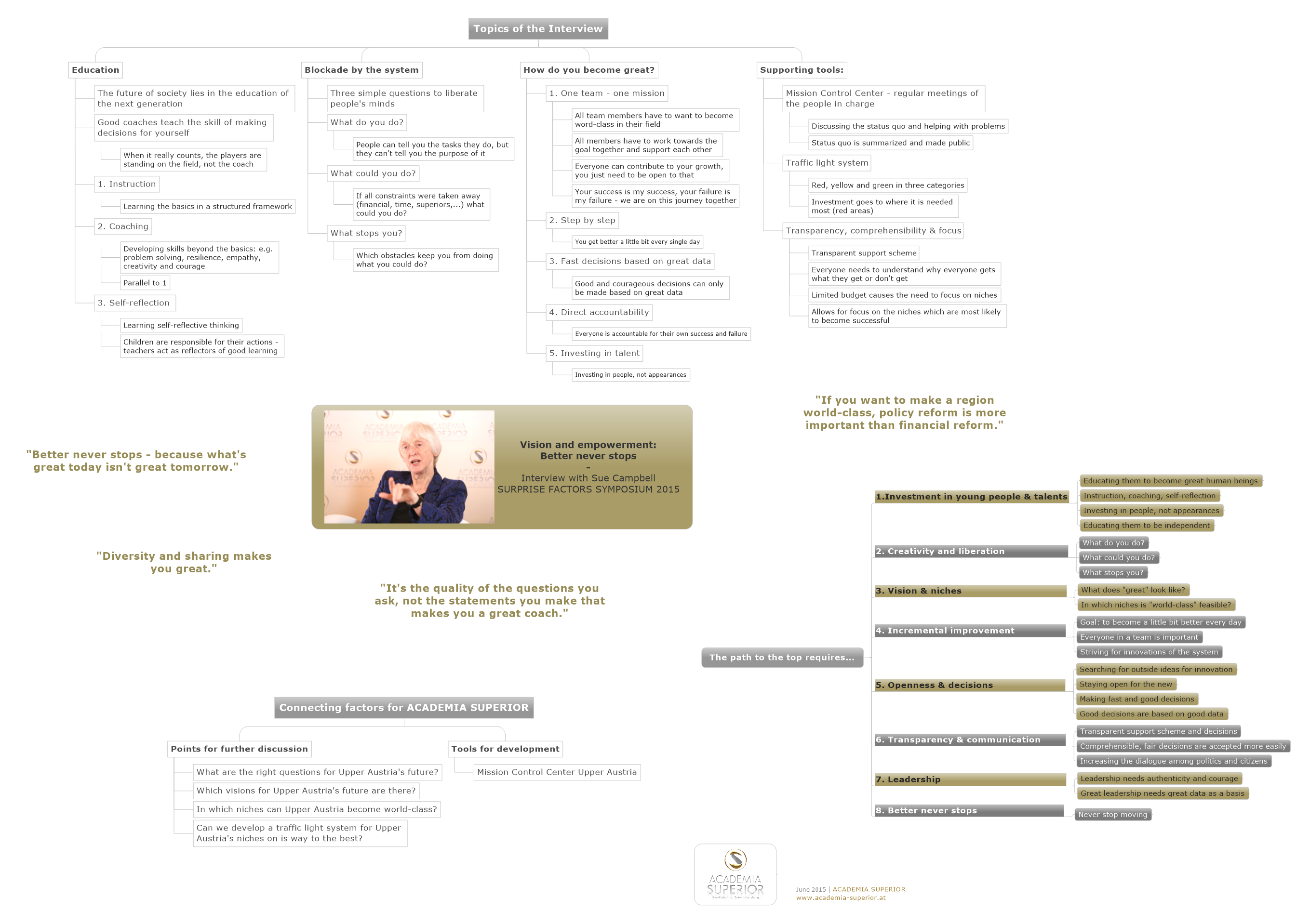
By chance I found the answer to that question at a Formula One race. I ended up in Michael Schumacher’s pit lane. At the time he was the world champion. On Monday after the race, I got the UK Sport staff in a room and I said, “I can now describe ‘great’ to you.”
I had boiled it down to three questions: First, can you eat your lunch off a garage floor? Because you can off Michael Schumacher’s garage floor – that’s how clean it is. I had spent 30 minutes with the man who cleaned that floor. He felt like he was world-class at cleaning the floor. He bragged to me that his floor cleaning was an important part of Michael Schumacher winning the race. If you want to be great, it doesn’t matter what job you do, you’ve got to want to be world class. That was my way of changing the mindset of everybody in our system.
„If you want to be great, it doesn’t matter what job you do, you’ve got to want to be world class.”
The second question: How long does it take you to change your tire when you get a blow out on your car? Because I’d watched Michael Schumacher’s team practice that tire change to get 0.01 seconds off their time. You can’t blink that fast. My point was that we could become great if we worked at marginal gains: Can you make incremental improvements every day? If you say to someone, we’re going to be great, that seems so far away, it’s unreachable. If you say, tomorrow we’re going to be 0.01 better than we were today, I defy anyone to tell me they can’t do that.
My third question was: How long does it take to make a decision? We were part of the public sector, so the answer was, forever! But I had watched Michael Schumacher’s race director make an unbelievably courageous decision in five seconds – and that decision won the race. But the key was, he had made that decision based on great data.
So my three lessons were: Everybody has to belong, has to be valued in the system, and has to be struggling to be world class – there is no compromise. Second, we’re going to work collaboratively, constantly coaching each other to find marginal, incremental gains to make us better tomorrow than we were yesterday or today. And we’re going to have the best data in the world so we can make courageous decisions about where we put our investment. That was the beginning of the journey from good to great.
„Of course, money always matters”
It’s always relevant. But the real shift from good to great was about culture, about mindset and less about money. The way you bring those together is through transparency. When it came to money, to investment, for example, there was no transparency: Who got how much money? Because they didn’t know how money was allocated, people resented the fact that someone else got more money than they did. I wanted to create a transparent system so everybody would understand why they got what they got. That way, the entire system could get better. Each sport was beginning to understand what it took to be great. If you start to model greatness, it becomes attainable to more people.
I have another expression: “Never let anybody put a ceiling in your sky.” In other words, how do you unlock people, give them the freedom to accomplish what they are truly capable of accomplishing?
„How do you unlock people, give them the freedom to accomplish what they are truly capable of accomplishing?”
Again, I took three simple questions and asked everyone at UK Sport. First, I asked, what do you do? It’s fascinating how few people can tell you what they do. People can tell you the tasks they do. But they can’t tell you the purpose of what they do. Second, I asked, what could you do? If all the constraints were taken away and budget weren’t an issue, what could you do? And third, I asked, what stops you? What keeps you from doing what you could do?
They’re simple questions, but they liberated a lot of people’s minds.
Creativity, inspiration is in everybody. But we lock them down. We need to unlock everyone’s creativity. In the end, going from good to great is in the athletes. It’s their desire, their determination, their resilience, their ability to come back when things aren’t good.
One of the things we’ve done is to have our Olympic and Paralympic athletes go into schools. They work with small cohorts of kids who are struggling with school or home life. They talk with kids who are having a tough time in life and they bring inspiration into their lives.
They tell a kid, if you have a passion and you pursue it and you don’t let people knock you off course, you’ll find something very special at the end of the journey – which is self-fulfillment. It’s not about medals actually. It’s about the journey. It’s about self-fulfillment.
About Sue Campbell:
Sue Campbell is a member of the British House of Lords. She is considered the mastermind behind the outstanding success of the British national team at the Olympic Games in London in 2012.
Campbell graduated from Bedford College of Physical Education and the University of Leicester with a Master of Education. She was, among other things, deputy director for physical education at Leicester and Loughborough University. Since 2005 Campbell has chaired Youth Sport Trust, an association with the aim to detect the potential of young people in all walks of life through sports. As former chairperson of UK Sports, in eight years of intensive preparatory work Sue Campbell developed a strategy that helped England achieve the best results at Olympic Games 2012 ever.
She has won numerous awards, including for example the award for lifetime achievement from Sunday Times Sportswoman of the Year Awards in 2012. She has received 10 honorary doctorates, the latest of which was awarded from Queen’s University Belfast in July 2013. In June 2003, Sue was awarded a Commander of the British Empire for her services to sport.


